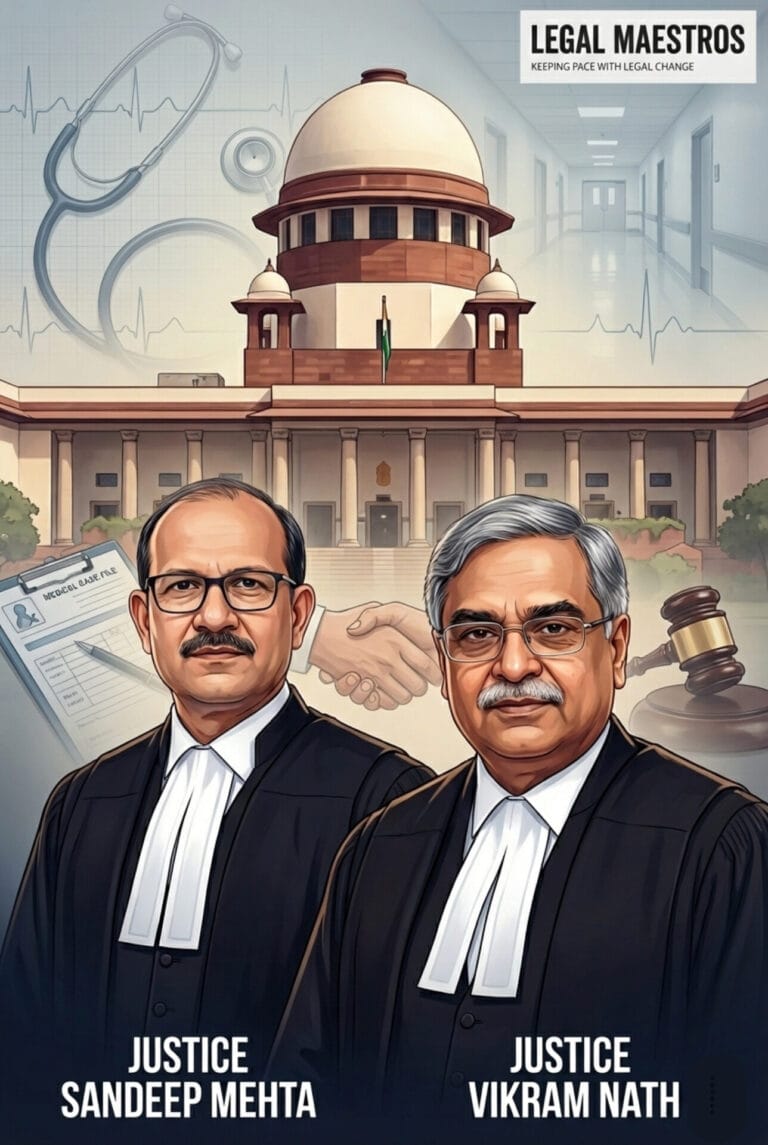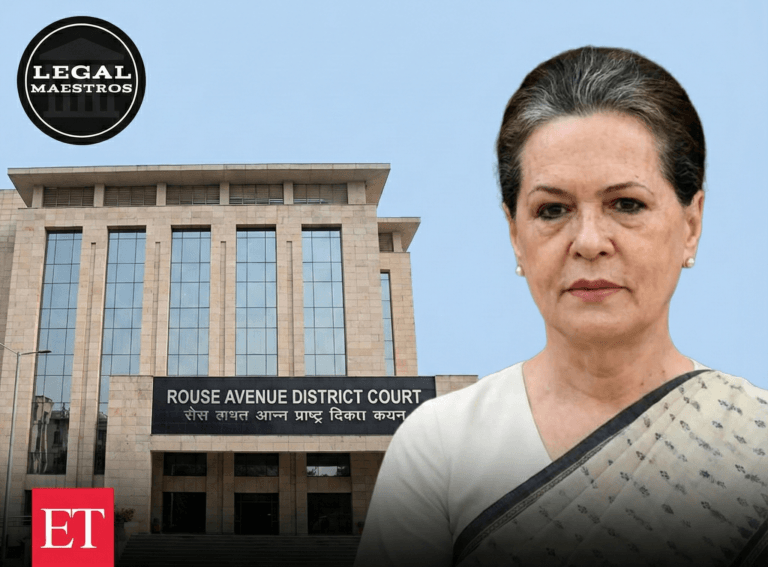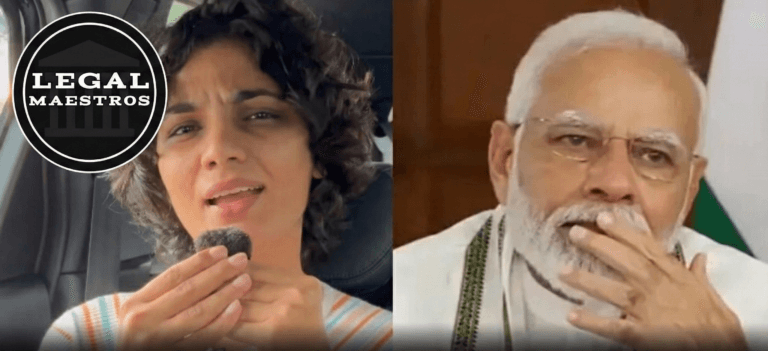
The modern thwack of the Supreme Court judgment in the matter of Neethu B. @ Neethu Baby Mathew v. Rajesh Kumar throws significant spotlight on the complex and debatably emotive terrain of child custody wars. The sensitivity of the approach of the judiciary especially where such a case involves all new developments that may affect the welfare of the child which was seen in this case, was decided on July 15, 2025.
Factual Background The Factual Background
The marriage between the petitioner-wife who is identified as Neethu B. @ Neethu Baby Mathew and respondent-husband Rajesh Kumar on September 4, 2011, has led to the birth of a son on November 7, 2012, and the case has occurred. Their differences soon caused them to part ways in October 2013 and divorce in mutual consent with each other on June 26, 2015. According to the agreement, the mother was awarded the custody and the father granted the visitation rights.
Thereafter, the complainant remarried Handel Thomas where she bore a child in August 2016. According to the respondent, she lost contact with the petitioner and his son since 2016 to 2019. In October 2019, the petitioner approached the respondent to sign petitions that were concerned with the issue of international travel by her son, which will mean she has remarried and wants to take the child to Malaysia because of her second marriage. The respondent claimed that the religion of the child was converted and the religion had become Christian instead of Hindu without his approval.
For any queries or to publish an article or post or advertisement on our platform, do call at +91 6377460764 or email us at contact@legalmaestros.com.
This motivated the respondent to apply permanently and the Family Court, Attingal, Kerala on October 31, 2022, refuted the application. The Family Court decided to award permanent custody to the mother and the father was granted enthusiastic visitation rights coupled with the mother being allowed to take the child to another country during certain holidays. These parties appealed against this ruling to the High Court. The High Court overturned the ruling of the Family Court on, October 17, 2023 awarding permanent custody of the child to the father and virtual and practical visitation rights to the mother. This was founded on the fact that High Court felt that it was not in the best interest of the child to relocate to Malaysia.
Annoyed by the same, the petitioner sought the Supreme Court. Albeit the Supreme Court had upheld the decision of the High Court on August 22, 2024, confirming the permanent custody of the father, the petitioner submitted review petitions.
Grounds of review and Welfare of the Child
The main basis of reviewing of the petitions was the huge adverse effects of such custody switch on the mental condition of the child. The petitioner submitted the report of a Clinical Psychologist dated September 3, 2024, according to which the minor child had some anxiety and fears, and there was a significant risk of developing separation anxiety disorder. In this report and in related reports of CMC, Vellore, it was repeatedly stressed that the child was upset at the prospect of losing his existing family and separation of this family was strongly condemned.
The Supreme Court recognized the restricted character of their review jurisdiction as specified in Article 137 of the Constitution and temerities in the case known as Kamlesh Verma v. Mayawati. It stressed however that new and material evidence which could not have been obtained at an earlier date is sufficient basis of review. In this case, the child worsening mental health being the direct result of the prior decision by the Court was deemed such new evidence. Most importantly, the Court re-echoed that when a custody issue arises, the best interest of the child should be taken as the most important fact and any influence on it that is deemed negative should be taken into consideration by the court of law. The Court came up with a middle-ground view taken into consideration the statutory mechanism of limited review as well as the special attention to be drawn when it comes to the custody of child matters, where it was said that any form of overly-technical approach to the practice would be a travesty of justice when it comes to the said practice.
The Custody and Visitation Decision of Court.
Looking into the new set of facts and the best interest of the child, the Supreme Court was convinced beyond doubt that the best custody of the minor child should be left at the custody of the petitioner-mother forever. The Court had acknowledged that the child who is currently twelve years old, lived solely with the mother since he was eleven months old and regards her as his main caregiver and his source of lifestyle. The fact that his personal father was also alive and that the child refers to his stepfather as father and to his half brother makes his family environment stable and secure. The Court did not draw any negative implication regarding the current family arrangement of the child and held that it was operating in the best interests of the child which were being taken care of well.
Nevertheless, the need of the biological father to be an active participant in the life of his son was also recognized by the Court which stressed that both parents are very important in the holistic development of the child. The Supreme Court did away with this right to help this bond be established without disturbing the already created environment of the child.
The Court made a number of directives:
- The temporary custody of the limited child will stay at the petitioner-mother.
- Virtual interaction is permitted, where the respondent-father gets to interact with the child two times a week and thirty minutes every time without distractions.
- The respondent will be allowed to meet the child personally once in a week i.e. any one of the day on a weekend on Sundays the Chief Ministerial officer will ensure the handing over of the child to the respondent between 10 a.m. to 5 p.m. at the Family Court, Ottapalam.
- The petitioner is bound strongly not to shift the child of her present residence outside India excepting at the time of Onam, Christmas and 50% of summers holiday.
- In the case of foreign travels, the petitioner would provide the details of country, residence and stay to the Family Court, Ottapalam, as well as the same details through email to the respondent not less than a period of ten days before the said travel.
- Considering the sensitive emotional state of the child, the petitioner will be advised to proceed with the psychological care and monitoring where the respondent will also attend a few counselling sessions.
- At CMC, Vellore, the health of the child is to be re-assessed within the given deadline of October 31, 2025.
- At this moment no overnight stay and extended visitation rights were provided to the respondent, although this can be discussed later depending on the progress in interrelation and psychological reports.
The Supreme Court also vehemently urged the two parents to interact well and demonstrated mutual respect towards the nurturing of the child. The petitioner was conditioned to help the child accept both the parents and the respondent was warned against a remark that could turn to be offensive and that relationship between a father and a son has to be developed patiently with a continued presence and understanding. Lastly, the Court advised that the Family Court should not call the minor child to the court premises unless there is peremptory need to do so bearing in mind the shock he already underwent.
Granting a review petition, revoking its previous order, and quashing the order of the High Court, the Supreme Court revived the civil appeals and confirmed the order made by the Family Court of giving the permanent custody to the mother only and the visitation rights altered. The decision is a major reiteration of the statement that the best interests of the child as well as the welfare of the child is the paramount consideration in a custody dispute despite the possibility of overriding a previous ruling in matters where fresh and overwhelming evidence with regards to the welfare of the child is brought to light. It explains the dynamism of the custody order and how courts should change according to the current situation to make the child grow well.







